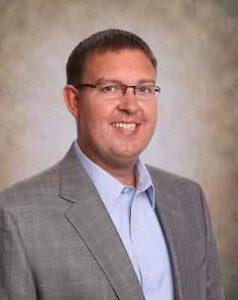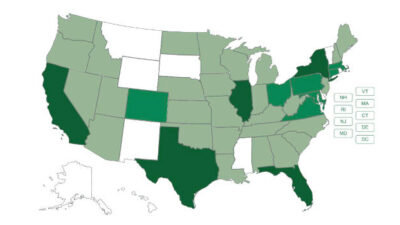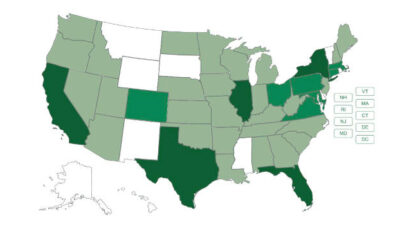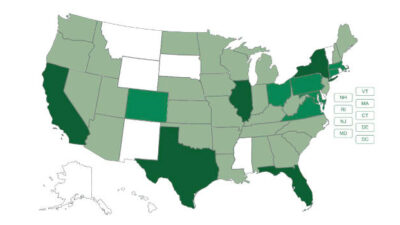Jason R. Gerke provided expert advice to building professionals dealing with COVID-19 challenges
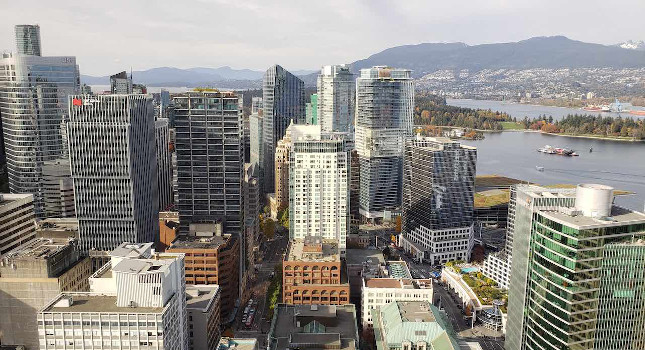
How is COVID-19 affecting consulting engineers? Consulting-Specifying Engineer checked in virtually to ask engineers and building experts about how coronavirus is affecting them. Hear from Jason R. Gerke, PE, CxA, LEED AP BD+C, Practice Area Leader – Mechanical & Plumbing | Principal, GRAEF, Milwaukee.
Question: What business practices has your engineering firm changed? This might include virtual meetings, online-only education or some other change for the staff.
Gerke: GRAEF has facilitated working from remote locations for a number of years. A number of staff members regularly work from their homes or project site locations.
The orders to stay at home in Wisconsin and Illinois where many GRAEF staff are located was a significant change for many employees, however the infrastructure was already in place to facilitate this work. GRAEF staff used Skype to communicate through messaging, audio calls and video conferencing for a number of years before the stay-at-home orders in March. Microsoft Teams was gaining traction in our office over the past year as well, and provided another method to communicate and collaborate from different locations. The use of these systems is only becoming more important in our business with the current situation.
Question: How is your firm handling travel to visit clients or projects?
Gerke: Our firm is allowing construction site visits as engineering services are still considered essential services in the states where we have offices. Visiting a project site no longer includes simply sending a note to the construction team project manager. Now many construction sites require specific forms to be filled out and submitted ahead of time to a site safety coordinator and receipt of approval before entering a project site.
GRAEF is allowing meetings with clients only if absolutely necessary. These meetings may be with certain clients who are not able to conduct virtual meetings for project interviews, coordination or review of progress documents. However, there are a number of items that must be discussed with a manager before a meeting is allowed. These discussions between employees and managers have resulted in nearly zero in-person meetings deemed necessary.
Many times, it takes one person on the team to push for a different solution; a virtual meeting via a web-based conferencing platform or a phone call can accomplish what would have been a large project meeting. Many people are still adapting to this virtual collaboration environment and finding out just as much can be accomplished using the electronic tools available to us.
Question: What new ways is your team virtually traveling to trade shows, conferences or events? Where are you finding success?
Gerke: One conference recently canceled was the CxEnergy commissioning conference. This conference was scheduled to take place in San Diego in April. The conference has moved to an online solution to support a virtual training environment. Our company promotes that staff take training opportunities whenever possible, both before the recent pandemic affected society and especially now when it may be easier to set aside time for learning.
Question: What advice do you have for other firms? What best practices would you suggest for working in an unsure environment?
Gerke: Working remotely requires a strong technology staff in your company with the knowledge and resources to make working from home go smoothly. Our staff has been supporting remote work for years and this support is what is making this time most productive for our engineering and support staff members. Fix the basics first. Make sure staff is able to productively work from home. Other things will fall into place from there.
Another important action is to ensure managers make regular contact with their staff. This interaction should be an increase from prior times. If there were previously weekly touch-base meetings, these should be increased to multiple touches per week. Using video to interact with your manager on a weekly basis keeps personal interaction alive. Other interactions can simply be messaging or quick calls to ensure that each person is up-to-date and to identify roadblocks or other issues in this new working from home environment.
Question: What advice would you offer for building owners to enhance indoor air quality or indoor environmental quality overall?
Gerke: The current pandemic allows engineers to bring forward air handling system concepts that sometimes do not receive focus that other systems receive. This is a great time to evaluate the use displacement ventilation, dedicated outdoor air systems, terminal unit solutions and other ideas that reduce air recirculation through buildings and increase the percentage of outside air supplied to spaces.
Question: What might other engineers/building professionals need to know when tackling COVID-19 projects?
Gerke: Attention to positive and negative pressure space design for the current situation and a focus on testing and balancing are important parts of heating, ventilation and air conditioning projects and will contribute to successful outcomes. Ensuring negative pressure spaces remain negative and also providing adequate makeup air so the direction of airflow is established are important factors in the design phase. Verification of test and balance results will contribute to meeting project goals.
